|
Are your words saying the same thing as your pictures?
One of the joys of living in a tiny TV market and watching local broadcast is having a good laugh at the expense of local advertisers. Granted, the advertisers may not see it that way. And yes, you may identify this unflattering indulgence as a case of schadenfreude. (Maybe that should be a Words Good Good Word Of The Week?) Schadenfreude, a delightful sounding German word for delighting in the pain of others is a morbid and mirthful time for everyone but the most conscientious and uncorrupt. But let’s face it: there are really only three good alternatives here. 1) Cry. 2) Stop watching. 3) Call the business and offer to fix their advertising. Since I‘m a cold-hearted human whose tear ducts have been paved over, crying is out. To stop watching would require initiative to do something else, and I’m inherently lazy. And being afflicted by a non-enterprising, introverted kind of lazy means I’m not reaching out to anybody I don’t have to. I’d rather gouge out my own eyes with grapefruit spoons. So, hello schadenfreude! Anyway, there’s a local funeral home that advertises on TV with some frequency. Their ad copy says what you expect: all the normal loads of caring, compassionate boilerplate. Most of the words talk about sincerity and sympathy and such. Then there’s the swimming pool and the alcohol. Yes, the image that is firmly cemented into my gray matter is the shot of the men in the family who run this caring and compassionate concern gathered around a poolside patio table with cold, frosty beer. Nothing in funeral service advertising speaks to caring and compassion like backyard swimming pools and cold beer. Now, shall I play devil’s advocate? The message sent by the cold, frosty beer is this: “If it matters to you, we are not Baptists.” And granted, there might be some method to that madness. If the receptionist at the funeral home is tired of answering every caller’s first question by saying, “Sorry, we are not Baptists,” that cold frosty beer by the pool is a good way to qualify the prospect before they ever pick up the phone. That insane bit of possible genius notwithstanding… As you know, when writing advertising, the single most important person in the message is the customer. In my humble if hyper-enthusiastic opinion, the best funeral advertising of all time is the Forest Lawn radio of years ago in Southern California. The campaign was called, I believe, “Celebrate A Life.” Each commercial was a monologue by someone fondly remembering a deceased friend or family member, and how incredible and joyous the sendoff was. I’ve never heard any advertisement that made me say, “Wow, I wish I could be that dead guy.” But this came close. (Talk about the opposite of schadenfreude!) Ya know what those Forest Lawn commercials never said? “And we chose Forest Lawn because the entire funeral home family likes to drink frosty cold beer around the backyard pool paid for by my funeral dollars.” Watch the words that are going with your pictures. Words and picture must complement each other. It doesn’t matter whether they’re on the screen or in your listener’s mind. The words might be good. But something in the equation might be bad. Unless, maybe, there’s a madness method afoot. Words good. Madness thoughtful? Cheers, Blaine Parker Your Lean, Mean Creative Director in Park City LIGHTNING BRANDING ON AMAZON The Kindle edition of our new book is now available at Amazon for the REDUCED bargain price of $9.95 For details about our new Lightning Branding courses, both do-it-yourself and we-do-it-with-you editions, click here. (There's even a video of us!)
0 Comments
“WHAT MAKES ME NERVOUS IS THE WRITING.”
Every day, Quora sends me questions from writers that begin like this: “How do I write a…” The thing they’re tasked with writing is irrelevant. The question always makes me shake my head, because the answer seems so simple: Sit your butt in the chair and do it. But is it that simple? Yes. Yes it is. It is that simple-- IF you have the one single, secret ingredient. The simplest version of that ingredient was just handed to me by a high-school chemistry teacher. We were talking about her efforts to get an advanced degree. She said that the monkey wrench in her degree program was the writing. It made her nervous. But one day, that changed. It changed when she finally clarified for herself what she wanted from the program. Then, the writing stopped being a struggle. Instead, it became simplicity because bot she and the writing were charged with that one ingredient: Purpose. “Once I knew what I wanted, it became simple. Now it had meaning.” Purpose is the pole star of writing. When you’re tasked with writing something--anything--purpose is your guiding light. This is especially true if you don’t consider yourself a writer. Don’t know your purpose? That’s probably because you’re sitting alone in a room staring at a computer screen. Get out of that room. Go talk to someone about the challenge. Say, “Hey, I have to write about BLANK.” Have a conversation. Let the other person ask you questions that require you to explain it. During the conversation, an idea will begin to form. Purpose will begin to peek its little head over the edge of your problem and whisper, "Here I am!" You’ll begin to feel an electrical charge of meaning and direction. You will experience the joy of moving from confusion to control. Go back and immediately sit down to write. Yes, it will still take more writing than you might want to do. That’s part of the process. Just let the brain dump happen. Shape it and control the words later. Right now, just let them flow. Know your purpose and your writing will pop. Cheers, Blaine Parker Your Lean, Mean Creative Director in Park City LIGHTNING BRANDING ON AMAZON The Kindle edition of our new book is now available at Amazon for the bargain price of $19.95 For details about our new Lightning Branding courses, both do-it-yourself and we-do-it-with-you editions, click here. (There's even a video of us!) Killing a customer with unkindness?
We were just having a conversation with a friend about a book he’d been reading. He was about halfway through the book, and had an opportunity to meet the author. So, he jumped on it. Why not? He asked the author a thematic question about something that was happening in the book. The author’s reply? “Really? You’re asking me about that? I don’t know.” And the author changed the subject. We asked our friend what he did. He said, “I was halfway through the book. I closed it, and never picked it up again. He doesn’t care. Why should I?” When selling any product or service, especially a replicable product like a book, word of mouth is vital. I’ve had email conversations with various bestselling authors, with names like Connelly, Woods, Stewart and Dugoni. They’re all gentlemen and happy to have a running conversation via email. While I can’t speak to their motivations, I’m guessing it’s because now more than ever, every fan is another review and another unpaid salesperson. The know upon which side their bread is buttered, and who holds the knife. In a similar but different situation… The Fabulous Honey Parker and I once ate at an excellent restaurant. We happened to meet the chef, and we told him what we loved about his food. He told us we were wrong. Really, he did. We decided we never needed to eat there again. When you’re not Stephen King but King Stephens, Jr., every fan of your book is a big deal. When you’re not Ben & Jerry’s but Cranky’s Creamery, every fan of your ice cream is a big deal. When you’re not Roto-Rooter but Randy’s Rooterette, every fan of your drain opening service is a big deal. When you’re not H&R Block but Blocky Dodger’s Tax Preparatorium, every fan of your tax prep service is a big deal. For better or for worse, word-of-mouth advertising is more potent than ever. Every Amazon review, every Yelp review and every Google review is now added to the normal conversations that people are having. Add to that the fact that a happy customer is less likely to review something than an angry customer, and the scales are balanced against a business that’s behaving badly, even if they’re doing so for only a moment. And we’re all just human. At one time or another, we’ve all behaved badly. That requires an ability to recover and spin. Never blow off a fan. Embrace them. They are the butter on your bread. Cheers, Blaine Parker Your Lean, Mean Creative Director in Park City LIGHTNING BRANDING ON AMAZON The Kindle edition of our new book is now available at Amazon for the bargain price of $19.95. For details about our new Lightning Branding courses, both do-it-yourself and we-do-it-with-you editions, click here. (There's even a video of us!) “Everybody already knows what we do.”
Unless you are Roto-Rooter, Chevrolet or Hostess, that statement is a bald-faced lie. Please, do not make this mistake born of hubris—a fitting word, as it has its roots in Greek tragedy. In fact, I went to The Source Of All Knowledge, Wikipedia, for a quick lesson in Hubris. Seems it describes the following: …a personality quality of extreme or foolish pride or dangerous overconfidence, often in combination with (or synonymous with) arrogance. The term "arrogance" comes from the Latin adrogare, meaning to feel that one has a right to demand certain attitudes and behaviors from other people. Hmm. I’ve seen that before. That actually describes a whole lot of what has been happening in American politics over the last few years. But for the moment, let’s stick with marketing. The hubris of which we’re speaking regards a kind of attitude that one is immune from doing smart things. For more than a decade, I made my living writing radio advertising for businesses of all sizes, from local garage-door companies to GEICO. Frequently, when an advertiser was struggling, it was largely because they were unbranded. They would invariably be offering a “me-too” parity product or service. There would be no clear brand and no clear way that the prospect was supposed to feel about the business. The solution would be simple enough. I would suggest solidifying the brand position and running a branding campaign that gives the advertiser a higher profile and a clear position. The response was often, “That’s not necessary. Everybody already knows who we are.” That might be one of the most self-aggrandizing attitudes imaginable when you’re the same person who’s saying, “The advertising isn’t working.” In the course of a busy day in a busy life, who can possibly make room for every advertising message from every advertiser who wants the prospect to care as much as they do about what they sell? But, you know what most people can make room for? An advertiser who’s surprising, who commands attention, and who wants us to know what they stand for. If I’m not in the market for a car, your car dealership’s great prices this week only are irrelevant to me. But if you make me believe that your car dealership is like a club for your customers who drop in just to say hi, and you have legions of ecstatic fans up and down the state, I might think, “Wow. I need to go there when I’m ready for another car.” One reason I’m addressing this problem right now is that it’s epidemic across this nation. Having driven several thousand miles in the last three weeks, I can’t tell you how many times I’ve seen this: A big billboard. A silly headline. A visual joke. A non-descript business name. And zero idea of what the advertiser sells, how I’m supposed to feel about them, and what they think they’re accomplishing with that billboard. Saw one today. A silly word. A goofy guy in a superhero outfit. A smiling woman. And no other information. Hunh? There’s a guy in my home state who has billboards with his name and the tagline, “One call, that’s all.” It took me years to figure out the guy was a personal-injury attorney. That’s because I finally saw one of his TV commercials. “But everyone knows what I do. The billboards are just supporting the TV that everyone knows.” Dude, not everyone knows. The irony here is that I’ve often compared an advertisement to an argument in a court of law. Present a case that makes the prospect feel the right way, and they’ll decide in your favor. If your advertising is struggling, or if your client’s advertising is not working, back away from the hubris. Do not end up in a Greek tragedy that ends with a plummet from grace because someone believes they’re above good strategy. Traditional media are struggling. Advertising is a struggle. The world is more competitive than ever. And there is no competitive edge in hubris. Not everyone knows wo you are. But everyone is desperate for something to believe in. Cheers, Blaine Parker Your Lean, Mean Creative Director in Park City LIGHTNING BRANDING ON AMAZON The Kindle edition of our new book is now available at Amazon for the bargain price of $19.95. For details about our new Lightning Branding courses, both do-it-yourself and we-do-it-with-you editions, click here. (There's even a video of us!) Word Of The Month: Vernacular!
This is the tagline from a roadside advertisement. A local diner boasts: “Where good food originates!” Know what I love about this tagline? The same thing I love about the word “vernacular.” No customer will ever use those words. Never. "Vernacular" is a fancy word for the idea of, “How folks say it round these parts.” The only person I can remember ever using the word “vernacular” was one of my college professors. It was part of his personal brand. He was a little, bald, German man who wore tinted glasses and stank of chocolate pipe tobacco. In his delightful, heavily accented English, he loved to condescend to the lowest of his low-level students for whom who was dumbing down the simplest possible course material. During the course of said condescension, one of his favorite phrases was always uttered with ex-cep-tion-ally pre-cise dic-tion: “As we like to say in the vernacular…” Somewhat later, he was indicted for fraud. But I digress. In advertising, "employing vernacular" is a fancy way of saying, “Speak in the language of your customer.” A roadside diner saying, “Where good food originates!” is like Motel 6 saying, “We illuminate your accommodations!” That tagline was probably written by the owner of the diner or someone near him. This person was probably thinking, “How do I make this thing sound clever?” “I know! We can say that this hole-in-the-wall joint in this tiny town in this cozy corner of Appalachia is where good food originates! Done! Phew! Let’s go get us some griddle cakes!” Line up the competition along the highway and decide for yourself. “America’s diner.” “I’m lovin’ it.” “Be your way.” “Where good food originates!” Nope. Fail. Doing something even slightly better doesn’t require deep thought. Let’s assume we can’t come up with a qualifier more evocative than “Good food.” The client says, "That's what people know us for!" It's non-negotiable. How about saying, “Good food for happy travels.” “Good food, fast and friendly.” “Good food for going down the highway.” “Good food that gets you back on the road.” “Good food for getting where you’re going.” In less than a minute, that’s five possible alternatives. None of them are brilliant. But all of them are (yes) vernacular. That means (ahem) speaking to the customer as the customer would speak. Once upon a time, Honey and I were in one of our favorite small towns in the American south. It’s a simple place from a different time. There was a new restaurant in town, a fancy Italian joint with foodie pretenses. We were talking to a local lawyer friend about this new restaurant. We asked him how he liked it. As he took a tipple from his adult beverage, he said in his inimitable southern drawl, “I believe they are firing over the heads of their customers.” “Vernacular” is a word that fires over the head of the customer. “How we speak” might be on the nose, but it’s clear and it leaves the light on for you. If ya know what I mean. Cheers, Blaine Parker Your Lean, Mean Creative Director in Park City LIGHTNING BRANDING ON AMAZON The Kindle edition of our new book is now available at Amazon for the bargain price of $19.95. For details about our new Lightning Branding courses, both do-it-yourself and we-do-it-with-you editions, click here. (There's even a video of us!) King of the crumbling road!
In celebration of President Joe Biden’s The American Jobs Plan, a multi-trillion-dollar initiative to restore the nation’s self-esteem through gigantic infrastructure blender drinks, the Fabulous Honey Parker and yours truly are utilizing the original national infrastructure project that helped Make America Great In The First Place. (MAGIFP! Put that on a hat!) We are grateful that this antique infrastructure project has not collapsed enormous Appalachian mountains upon us upon us nor dumped into the mighty Mississippi River. Honey and I are driving cross country on the Dwight D. Eisenhower National System of Interstate and Defense Highways. You may know that system by its more prosaic name, the Interstate Highway system. Or, as the kids call it... That crumbling stretch of road to nowhere flanked by endless cornfields. One of the great things about the Dwight D. Eisenhower National System of Interstate and Defense Highways is the examples of advertising genius that it offers us. Billboards, billboards, billboards! The only thing more plentiful than billboards is corn stalks! Advertising greats like Howard Gossage and David Ogilvy were notorious for their hatred of billboards. Yet billboards remain, a scourge, a pox, a blight upon the nation’s countryside. So let’s make the best of them and see what genius they have to offer us. For us, today, it is this tagline that came from a billboard in Somewhere, Ohio. Ready? “We’re good at what we do!” I’d love to tell you what that’s a tagline for. But I can’t. I don’t remember. Neither does Honey. What we do remember is reading it, having a great laugh, and then applying it to every possible advertising campaign we could think of. McDonald’s. “We’re good at what we do!” Ford Trucks. “We’re good at what we do!” Legal Zoom. “We’re good at what we do!” Pampers. “We’re good at what we do!” Though, in fairness, maybe the latter should be, “We’re good for what babies doo!” And this tagline has replaced (at least for the moment) our other favorite, all-purpose tagline, to wit... “It doesn’t smell like urine!” That’s the punchline to a long story of advertising from a long time ago in a land far, far away. Yet, it still resonates for us and periodically makes us laugh because we often exhibit the same, sophisticated sense of humor as adolescent children hopped up on Pop-Rocks and Coca-Cola. But I digress. That notwithstanding, roadside advertising lesson of the day is… If your tagline is so generic that it can easily be applied to any business, it’s not a tagline. McDonald’s. “We’ll leave the light on for you.” Ford Trucks. “We’ll leave the light on for you.” Legal Zoom. “We’ll leave the light on for you.” Pampers. “We’ll leave the light on for you.” Doesn’t work on any of ‘em, does it? But when you apply it to a chain of budget motels with a folksy demeanor, things change. And suddenly, you feel better about that cheap motel. Here’s to feeling better about your advertising and infrastructure and national self-worth in the wake of Easter Sunday. More roadside advertising glee to come… Cheers, Blaine Parker Your Lean, Mean Creative Director in Park City LIGHTNING BRANDING ON AMAZON The Kindle edition of our new book is now available at Amazon for the bargain price of $19.95. For details about our new Lightning Branding courses, both do-it-yourself and we-do-it-with-you editions, click here. (There's even a video of us!) Any fool can have a logo and some advertising.
That’s not what it’s about. Your brand is about people. It’s how your people make the people walking through your door feel. And just last week, something related to that happened right here. That little nugget of brand thinking fell upon us like a ton of gold bricks. The Fabulous Honey Parker and I are working with one of the world’s biggest names in luxury hotel brands. They want a podcast. Yes, you read that correctly: a luxury hotel wants a podcast. This show, which I’ve nicknamed Hidden Hotel, is an internal product. In a big hotel operation, there are always lots of staff members who don’t know each other. This show is an effort to shine a light on the people who serve the brand, letting the staff members see each other taking pride in their work. In producing the pilot episodes, we sat down to record several employees. The staff member who is acting as the host said, “You’re going to love this next guy. He’s great.” She was wrong. He was beyond great. He came into the recording session and sat down at the table. He looks young. His LinkedIn profile suggests he might be in his late 20s. Beneath his beard, he’s fresh-faced and bright-eyed. Like all the employees, he wears a silver lapel pin bearing the hotel’s initials. We asked him, “What do you love about working here?” There was zero hesitation. “I love having high-expectation guests stay at the hotel. “I love people that come in, expecting to have the most perfect stay with us, to have everything that they've ever dreamed of in a vacation come true. I love making memories for people. “Whether it's as small as giving out a smores kit, to upgrading a room and making someone's honeymoon exceptional, I really love working for the [hotel’s] brand. “I take a lot of pride in working for the brand, knowing that it's one the leading luxury brands of hospitality in the world. “I think that it’s special, that it’s something to take seriously, and that wearing [the hotel’s initials] on your chest is something to really take pride in.” Wow. Dude. I was ready to follow this kid onto the frontlines of the luxury hotel business. And I say this as someone who has worked in high-ticket retail and never wants to work with the general public ever again. Never underestimate the branding power of having a staff member who’s a cheery, bright-eyed fanatic for your brand. It can change everything about the business. What’s that? You work alone? Well, guess who has to become that cheery, bright-eyed fanatic for your brand… Cheers, Blaine Parker Your Lean, Mean Creative Director in Park City LIGHTNING BRANDING ON AMAZON The Kindle edition of our new book is now available at Amazon for the bargain price of $19.95. For details about our new Lightning Branding courses, both do-it-yourself and we-do-it-with-you editions, click here. (There's even a video of us!) Romance, Meet Marketing. And weep.
The action in New Zealand right this minute has little to do with a pandemic, and everything to do with a sickness. At the moment these words are flowing onto the page, it’s the final day of the 2021 America’s Cup racing in Auckland. By the time you read this, the America's Cup will belong to either New Zealand (again), or Italy. You probably don’t care. Most people don’t. If you’ve seen any of the footage on NBC or the interwebs, you know that it’s all speed, all black, all inscrutable. When did yacht racing become a sport filled with crash helmets? The Fabulous Honey Parker asks, "Where are the cup holders?" Yes, this form of sailboat racing and the boats that race in it look a lot different today than they did in 1851. Ah, the romance of sailing. “I don’t like what America’s Cup has become. All the romance is gone!” I’ve heard people say this. What happened to the romance? White sails. Graceful sloops heeling over in the sun as the water does a diamond dappled sparkle in the waters off of Newport. Strapping young men with suntans grinding winches. Loud, middle-aged men barking orders from the helm. Smiling, suntanned women handing over trophies and bottles of frothing-over champagne. Those were the days. You know what? Be not fooled. Like advertising, America’s Cup yacht racing has always been about money. Romance has always been irrelevant. Today’s space-age yachting war of technology and determination is a place where exotic materials meet systems engineering, and it’s all seasoned with towering black sails, crash helmets, and big-money corporate sponsorships. It’s a great metaphor for the culture at large. And yes, the ostensible romance of advertising is also gone. The good ol’ days of advertising have sailed over the horizon. We are left slogging through a morass of technology and terminology. The 21st century digital culture has little to do with writing a message and everything to do with believing that the real message is the delivery system. “If you’re not marketing on social media, you’re missing the boat!” I saw a headline like that just this morning. It made me shake my head. While advertising has never been about romance, it was always easier for the poets to be seen. Writers were the visible heroes of advertising. But at the end of the day, it was never about them, either. Advertising was (and will always be) about money. It’s just that some romantics in the business think they can raise the bar and make people feel something less crass. America’s Cup racing is the same way. The first race in the 1800s was not the product of any romantic notions beyond making money. A group of six New York millionaires formed a syndicate. In case you were wondering, “syndicate” is not a word that has any romantic intent. The millionaires in this syndicate formed it to build a technologically advanced yacht. The six titans of industry involved sat in their offices in New York while a professional crew sailed the yacht to England. The millionaires later followed as first-class passengers aboard a very comfortable steamship. Their mission was to win money in yacht races. These men were gamblers, pure and simple. It also didn’t work out in their favor. They failed in their mission. But their effort spawned the multi-billion-dollar madness that now happens every few years in some part of the world not New York or Newport. The days of white sails with no advertising and the pretense of gentlemanly sportsmanship are over. Yes, the visual poetry and thematic fabrications are gone. The game has become such a huge, technology-powered cash vacuum that it requires more sponsor dollars than anyone ever knew existed. And at the end of the day, then as now, it’s still about people who want to make money. It has just left any possibilities of sailing romance as we know it behind. And so it is with advertising. Sales messages are ubiquitous. Maybe there’s no hope for bringing back the romance of America’s Cup yachting that never really existed. There’s also probably no hope of bringing back the romance of the glory days of Madison Avenue, which also never really existed. But it is possible to remember the one thing that never changes. Romance is just one of many thematic components that inspire customers to buy. Maybe romantics like us can push past the ignorance of media chauvinism and aim for the juicy center of the person to whom we’re selling. Maybe then, we can all feel better about selling better by making people feel better about buying. And we can all feel like we’re sailing on the wings of a more poetic day of gentle waves and sea breezes with nary a black sail in sight. Cheers, Blaine Parker Your Lean, Mean Creative Director in Park City LIGHTNING BRANDING ON AMAZON The Kindle edition of our new book is now available at Amazon for the bargain price of $19.95. For details about our new Lightning Branding courses, both do-it-yourself and we-do-it-with-you editions, click here. (There's even a video of us!) "Scared, but inspired."
I just sent a recipe to a friend. It’s about as simple as a recipe gets. The basics: combine flour, water and pineapple juice. Let it sit. And that was her reply: “Scared, but inspired.” Yes, she’s scared. But why is this so daunting? I get it. I’ve been there. A little backstory… Lockdown has been productive. Being forced to spend time inside has forced a realization of some simple pleasures. Like so many other folks during this bizarre time in history, my friend has rediscovered the actual joy of cooking. This friend also suffers from some actual, medical issues related to gluten. (Yes, she actually knows what gluten is. She’s not a victim of pop-culture anti-wheat fashion. She has not stopped trying to “Save the whales” in an effort to “Free the gluten!”) She and I were talking about how, for some people like her, organic flour and actual wild-yeast sourdough bread can be indulged without medical challenge. She wants to try baking wild-yeast bread. So I offered to send her a recipe sourdough starter. And it is insanely simple. It requires flour, water and pineapple juice. You let it sit for a few days. Periodically, you add more water and flour. And wait. That’s it. It also scares the crap out of people. Look at me. It took me years between first seeing the recipe and actually trying it. And I have a theory about why this is such a daunting undertaking. The process is so simple and the result so lovely, it seems like dark magic. To make such minimalism and austerity come alive in the joy of fresh bread, we feel we need to know some secret, some kind of voodoo, that we must possess some finger of God to make these things work. I suspect that part of the problem is we know too much about too many things. An uneducated peasant who can make bread from flour and simple liquids doesn’t know much at all. For instance… Why the hell is there pineapple juice? Simple science. Yeast thrive in an acidic environment. Hence, pineapple juice makes them happy. But once you know this, you start to wonder what else you don’t know. And the unknown looms large. You wonder, Can I do this dark magic that delivers the staff of life from mundane materials? As a result of all this wondering and thinking, people screw it up all the time. Writing advertising is the same way. It's a simple task that people screw it up all the time. With advertising writing, it’s often so hard to see the simple, straight line between the basic business and the best message. Writing, writing, writing. And what happens is nothing, nothing nothing. As failed taxidermist cum famous journalist Gene Fowler once said, “Writing is easy. All you do is stare at a blank sheet of paper until drops of blood form on your forehead.” But it’s just not that hard to write. Writing well? Well, maybe that's harder. But still, if you let it happen, it’s just the right words on paper. As the famous New York Evening Sun columnist (and second husband of Kurt Vonnegut’s first wife) Don Marquis once wrote, “I never think when I write. Nobody can do two things at the same time and do them well.” Which might explain my friend’s response. “Scared, but inspired.” Think too much about it, and it seems impossible. Stop thinking about it, and it becomes attainable. So much in life seems to work out better when thinking steps out of the way of acting. And in the case of sourdough starter, it’s as simple as anything can get. Yeast are just fungi. Give them the right food, and they do all the hard work. All you have to do is stop thinking and get out of their way. And as the unknown copywriter and award-winning third husband of renowned novelist The Fabulous Honey Parker once said... Bread happens. If you let it. Cheers, Blaine Parker Your Lean, Mean Creative Director in Park City LIGHTNING BRANDING ON AMAZON The Kindle edition of our new book is now available at Amazon for the bargain price of $19.95. For details about our new Lightning Branding courses, both do-it-yourself and we-do-it-with-you editions, click here. (There's even a video of us!) Why on earth would you write 100 headlines?
“I’m not feelin’ it.” OK, that’s not exactly the line Honey used, but it might as well have been. She was talking about the headline I’d just given her for a client’s home page. The client is very smart. She’s funny. She enjoys a laugh. And she unafraid of smart writing. She also has an unusual job. That’s why she ended up with an unusual headline. It’s a headline that would make some clients very afraid. This client is a Certified Divorce Financial Advisor. Yes, such a thing actually exists. It seems the financial decisions made in divorce are often uninformed and emotional. For instance… “I want the house!” That’s a great thing to want. But can you afford it on only one income while you’re crying in your soup? And lawyers are not typically trained to examine such things. They’re merely trained to “make it so.” “I want the house!” “Let’s make it so!” A CDFA asks, “But can you afford the house?”, then looks at the numbers. Hiring a Certified Divorce Financial Advisor means making smarter financial decisions. You end up with a divorce that’s fundamentally healthy and doesn’t leave anyone twisting in the breeze of financial devastation. The headline I’d first given to Honey was so prosaic, I can’t even remember what it said. Honey, doing the right thing, rejected it. So I sat down and wrote many, many more headlines. I probably hit 42 possible headlines of varying degrees of electricity before writing this one… “Why let bad financial decisions ruin a perfectly good divorce?” I liked it immediately. And I kept writing. Because writing something you like doesn’t mean the job is done. There is always more, and there might be better. Too often, a writer stops as soon as there are words on the page. That’s not how copywriting gets to a place of surprise that inspires response. There were close to 100 possible headlines in the writing that happened for this client. Some of that material ended up as subheads, headlines for other pages, and body copy. But when I read aloud, “Why let bad financial decisions ruin a perfectly good divorce?” Honey laughed, I laughed, and we knew it was a winner. And when we presented it to the client, she laughed, too. And we all laughed for the right reason. Better than that, our Certified Divorce Financial Planner understood it to be just the kind of sentiment she needs to surprise her core client into responding to her message. And she loves where her brand is going. It’s smart, funny, informed, concerned, friendly and approachable. Those things don’t happen by accident. This is another page from the Purpose & Intent Playbook. No copywriting happens in a snap. As the very famous Mary Heaton Vorse once said, “The art of writing is the art of applying the seat of the pants to the seat of the chair.” Sitting and writing past the first thought is how the writing gets to a place that makes you say, “Hey, this feels a little dangerous, but in a good way,” instead of “Well, I filled up the space.” Write yourself into The Zone. Let flow happen. Write more than you need to. And stop thinking about it. Just sit. Write. And Win. Cheers, Blaine Parker Your Lean, Mean Creative Director in Park City LIGHTNING BRANDING ON AMAZON The Kindle edition of our new book is now available at Amazon for the bargain price of $19.95. For details about our new Lightning Branding courses, both do-it-yourself and we-do-it-with-you editions, click here. (There's even a video of us!) |
AuthorBlaine Parker is prone to ranting about any and all things related to brand. In many ways, he is a professional curmudgeon. While there is no known vaccine for this, the condition is also not contagious. Unless you choose it to be so. Archives
February 2022
Categories
All
|
|
© Copyright 2020 Slow Burn Marketing LLC |
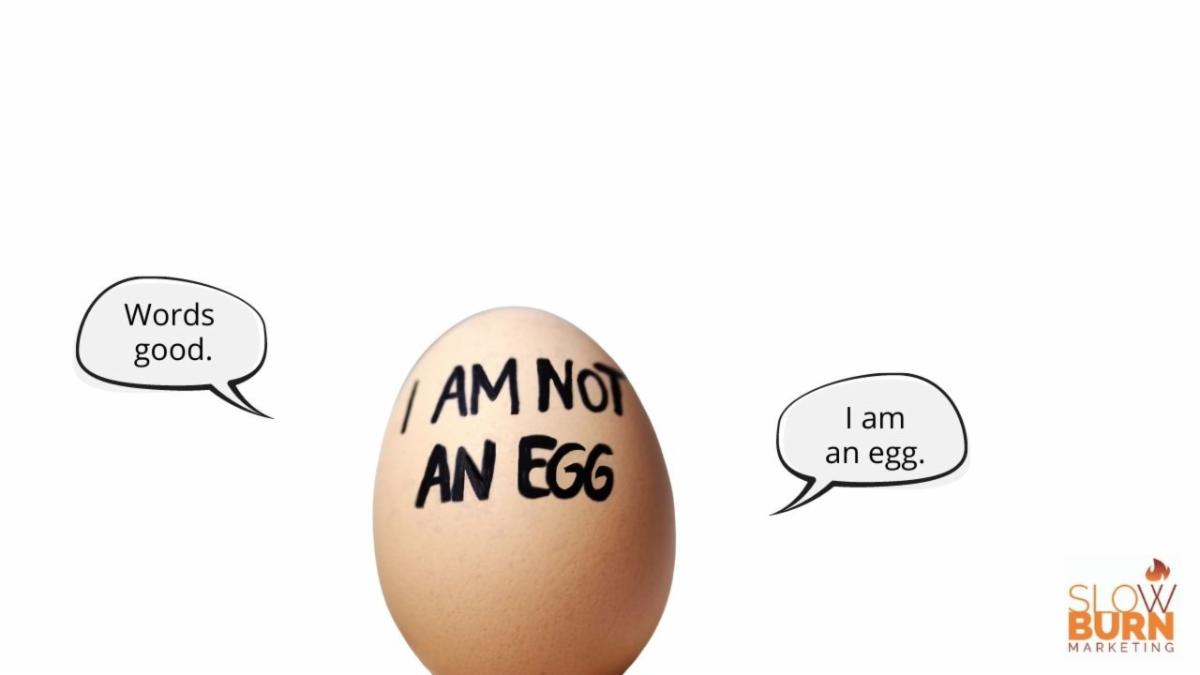
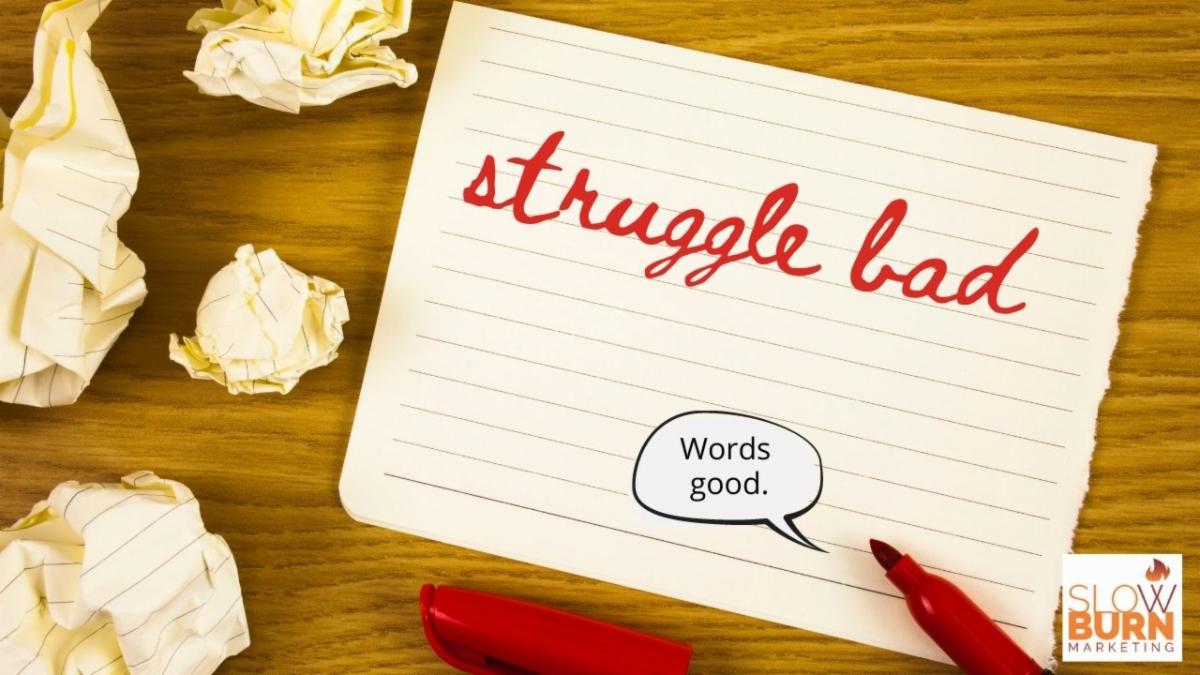
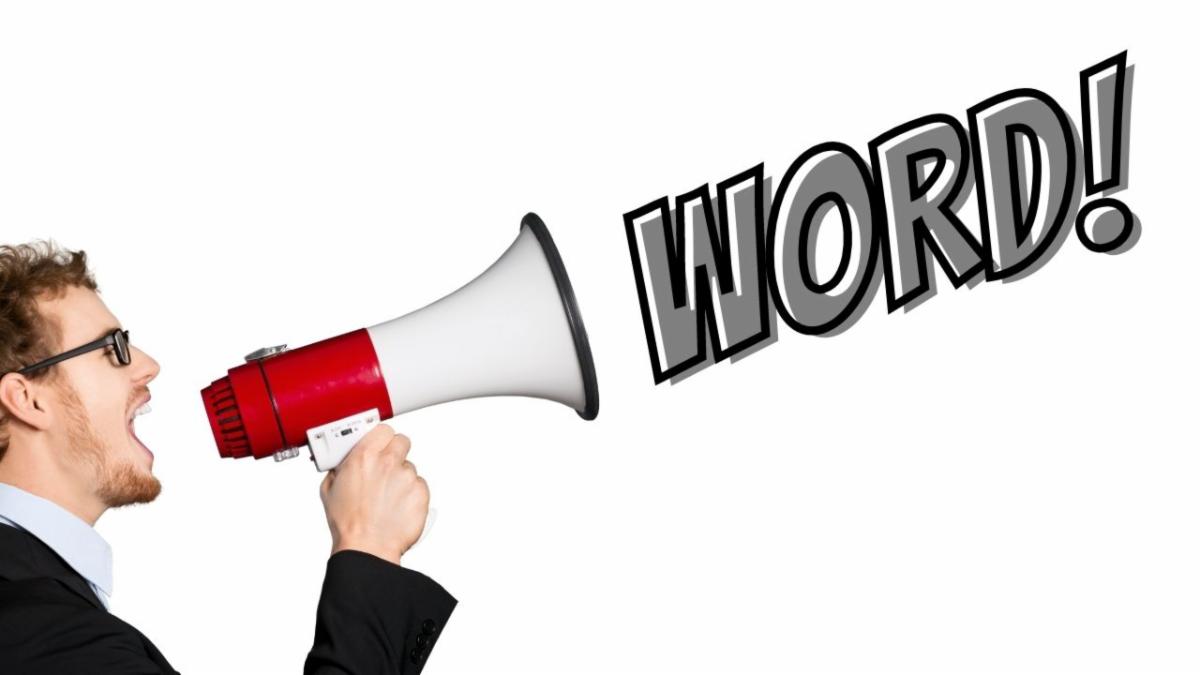
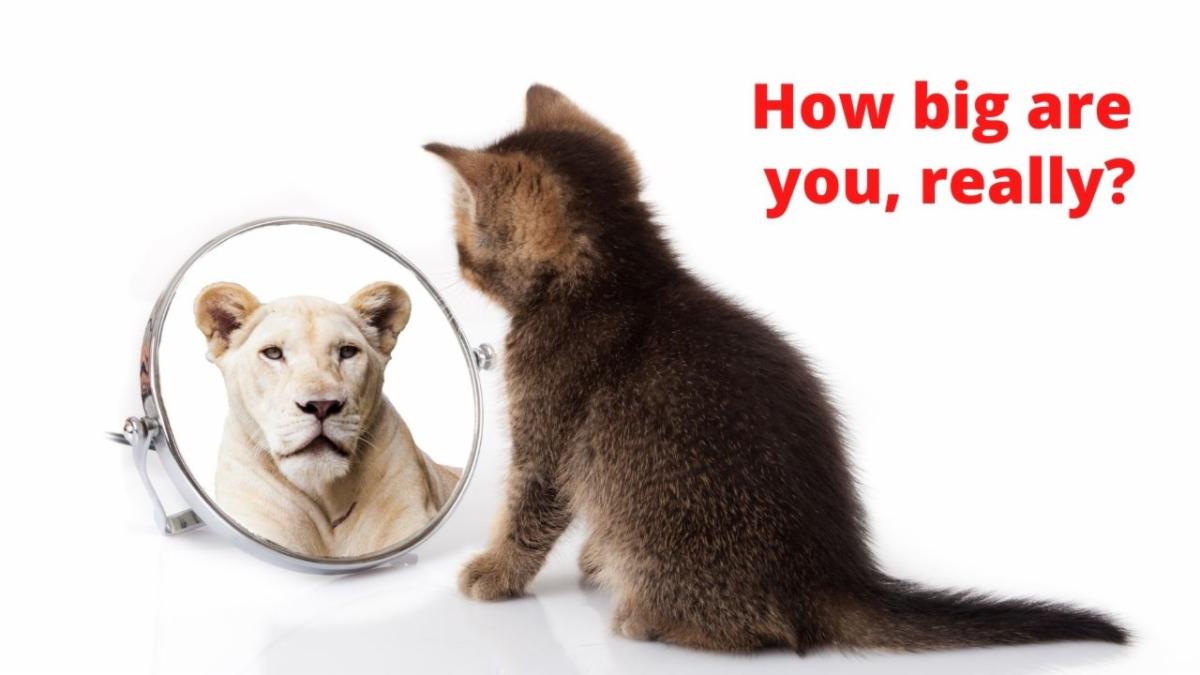
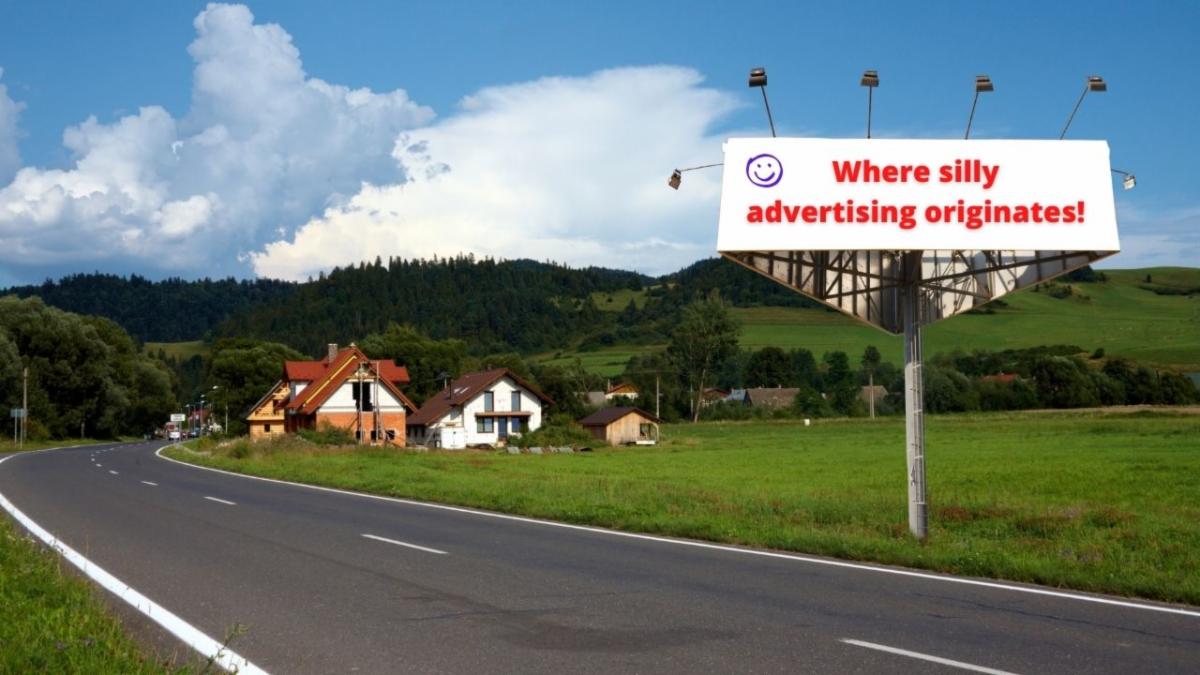
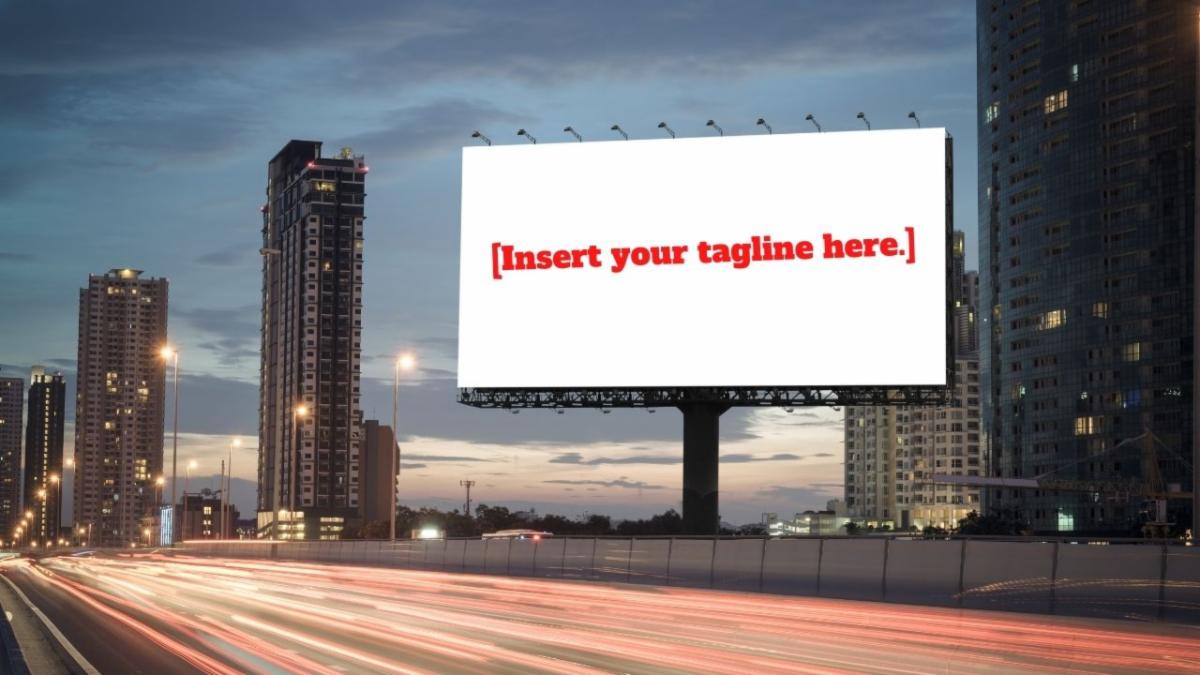
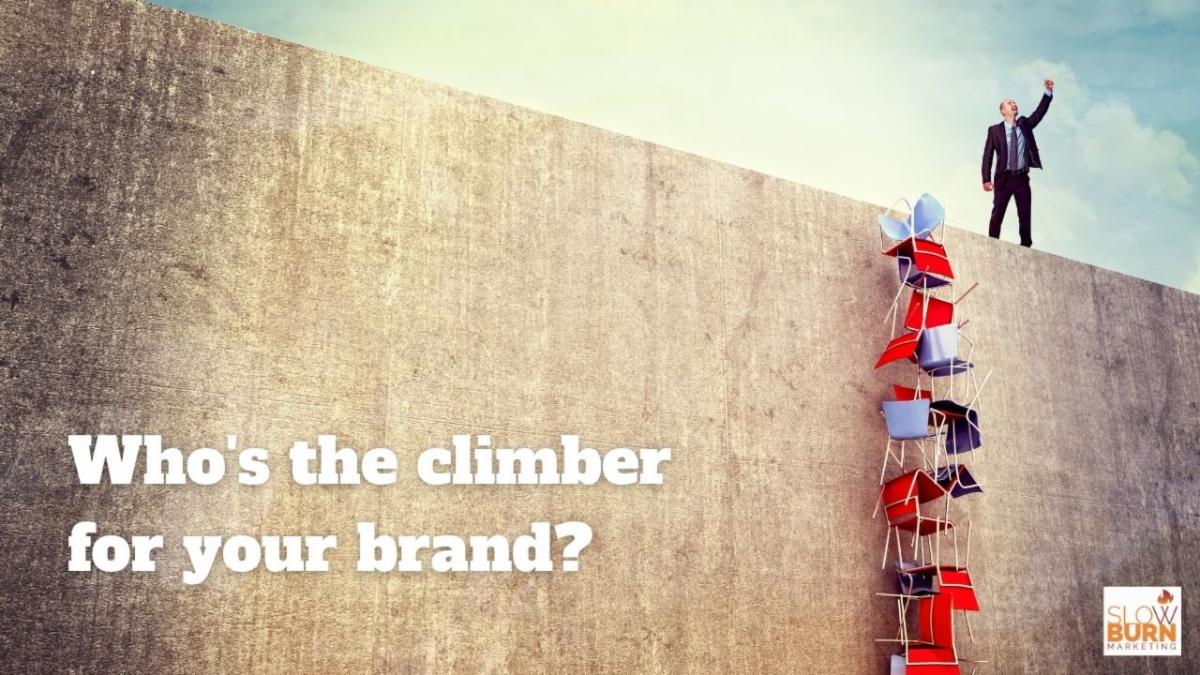
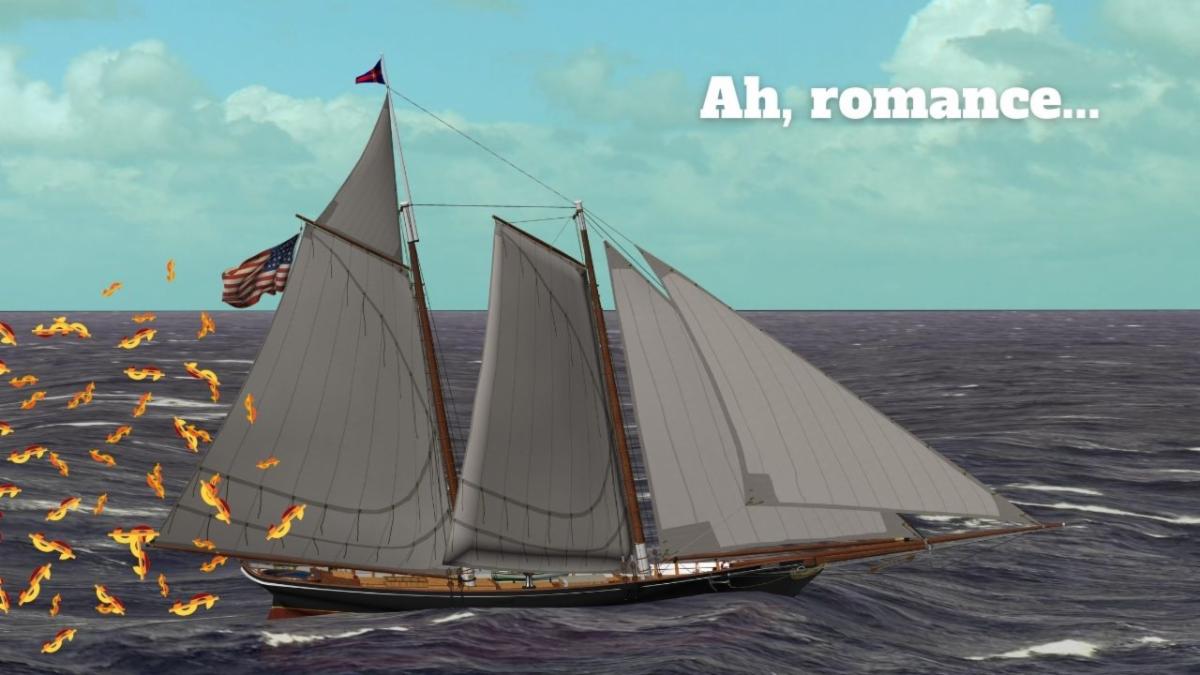
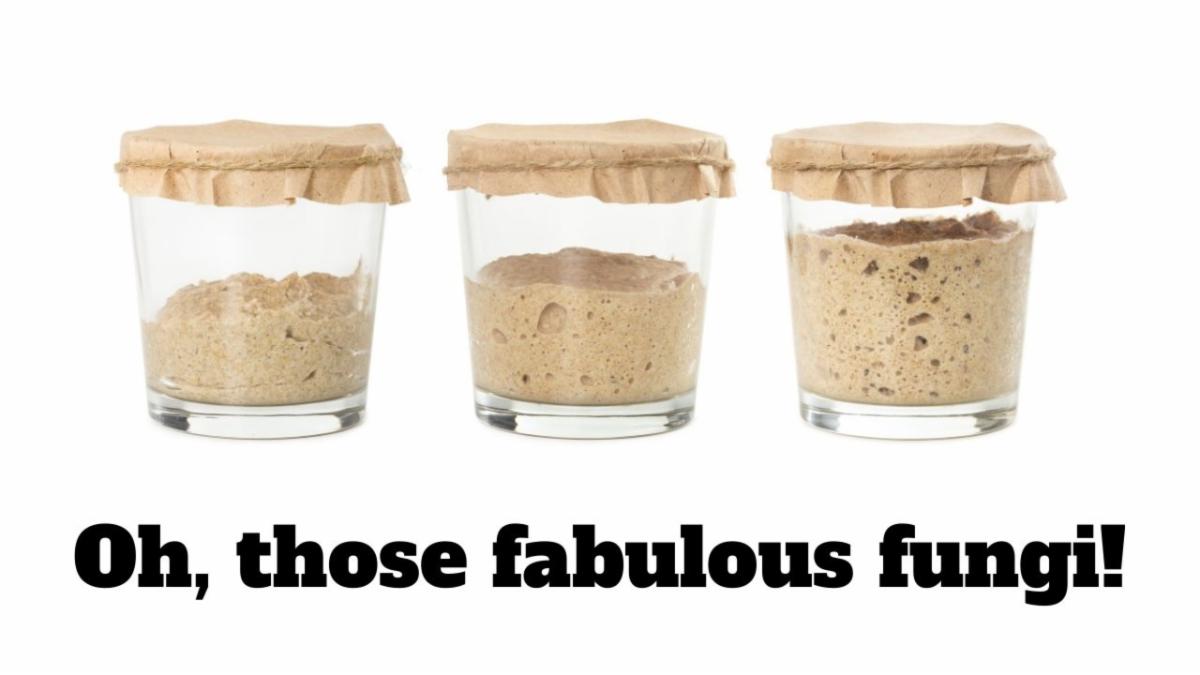
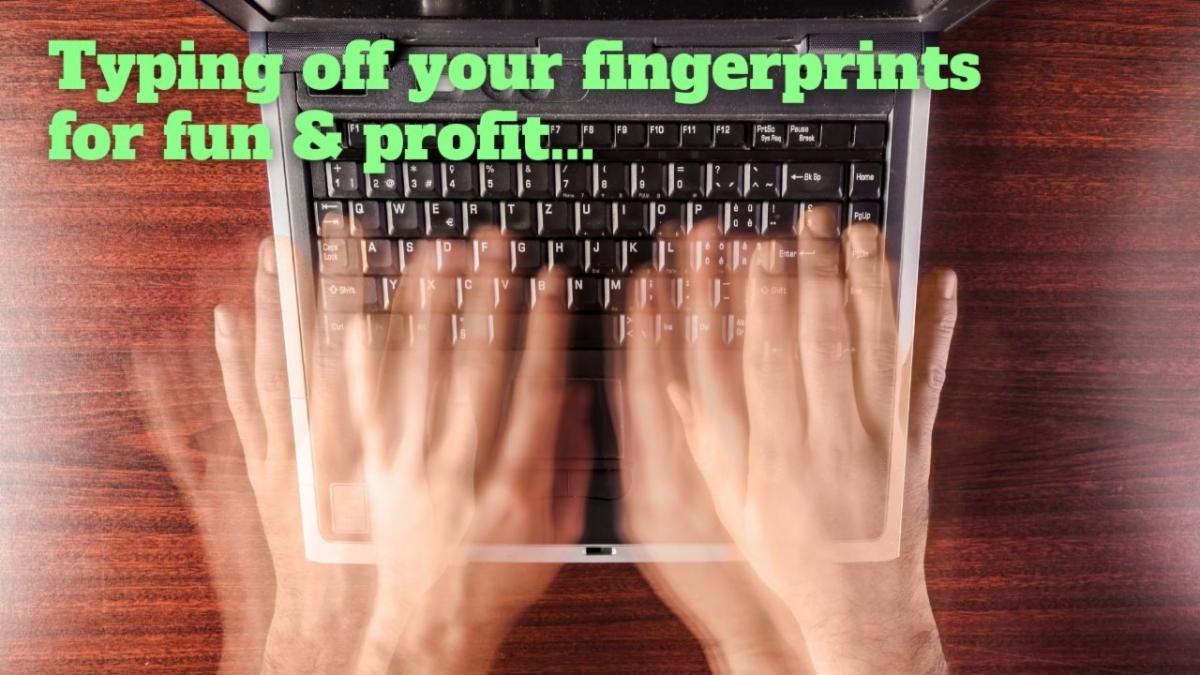
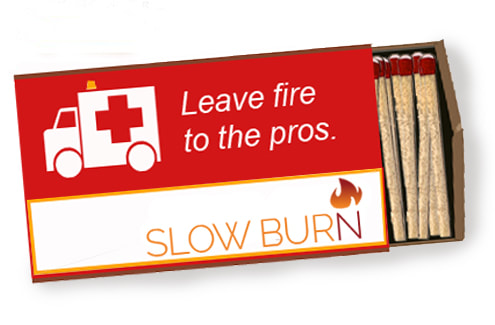
 RSS Feed
RSS Feed

